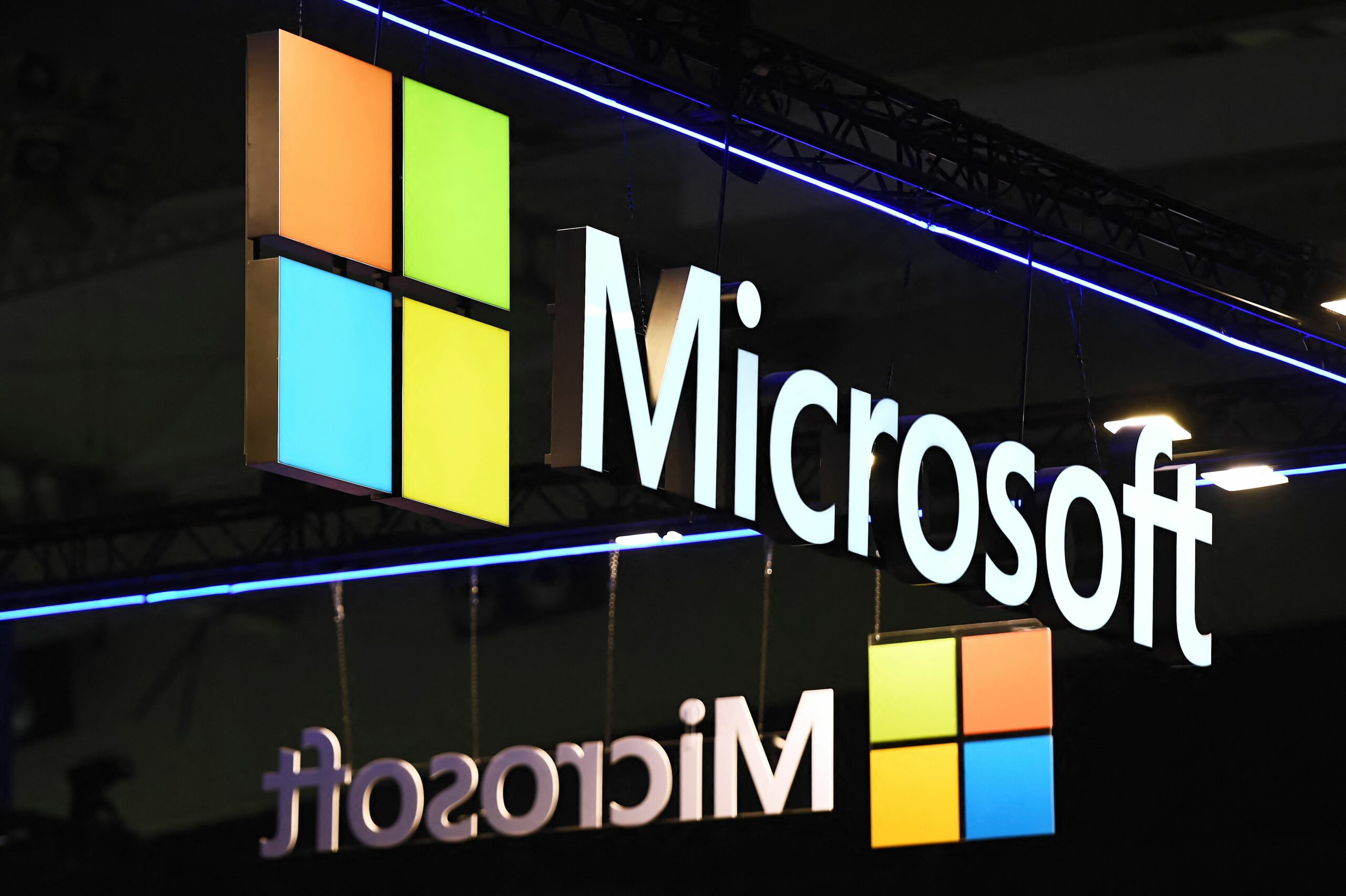SAN FRANCISCO (AFP) – Microsoft, the tech titan most closely associated with artificial intelligence (AI), has announced nearly USD10 billion in investments in AI abroad in recent months, the price it is willing to pay to remain a top player in this crucial market.
The overnight success of OpenAI’s ChatGPT thrust generative AI as Silicon Valley’s latest tech revolution, lifting Microsoft, OpenAI’s main backer, to become the world’s most valuable company.
Since then, the maker of Windows and its rival Google have been competing furiously, rolling out tools that produce text, images or lines of code on the basis of a simple query.
Meta and Amazon have followed suit, with their own increasingly sophisticated models and AI assistants.
The bets have so far paid off, with Microsoft on Thursday again posting stellar earnings, which the company attributes to delivering on AI’s promise.
Generative AI, which is being hyped as a new industrial revolution, “has taken on so much value, they can’t afford to lose”, said analyst Jeremy Goldman at EMARKETER.
These big companies “have a war chest, and they feel they have to spend this money on AI, otherwise they’ll no longer have the warchest”, he added.
For now, however, AI is a potential winner for the cloud giants – Amazon, Microsoft and Google – thanks to their offerings of beefed-up applications that are offered to existing clients at an extra cost.
According to Dan Ives of Wedbush Securities, the new business should generate an additional USD25-30 billion a year for Microsoft between now and 2025.
“We view this as Microsoft’s ‘iPhone Moment’,” Ives said as Microsoft pushes out its Copilot AI tools to clients.
“We see an acceleration of adoption for generative AI and Copilot activity which in turn is catalysing more Azure cloud deal flow (for the company),” Ives said.
Since the emergence of ChatGPT in 2022, Microsoft has pushed the hardest into the AI space and it is still not letting up.
Since February, Microsoft has unveiled AI investments of USD3.4 billion in Germany, USD2.1 billion in Spain and USD2.9 billion in Japan, over two years.
Under the leadership of CEO Satya Nadella, the group intends to build AI-ready data centres, help train millions of people in AI and finance the energy infrastructure needed to supply its resource-hungry facilities.
“Microsoft calls on external partners, whereas Google relies more on its in-house teams,” said Goldman.
He said overseas investments attract attention because they are substantial, but in the end, the main players are all spending so much money, “that it would be unrealistic to say their hopes are to dominate”.
Microsoft also signed contracts with companies beyond its ally OpenAI, which has already received around USD13 billion from the Windows developer, mainly in credits to access its Azure servers.
Under a multiyear agreement signed last February, hotly watched French AI start-up Mistral will receive an investment of EUR15 million.
Significantly, Microsoft will invest USD1.5 billion in G42, an AI company based in the United Arab Emirates, and take a seat on its board of directors, in an operation encouraged by Washington.




















































